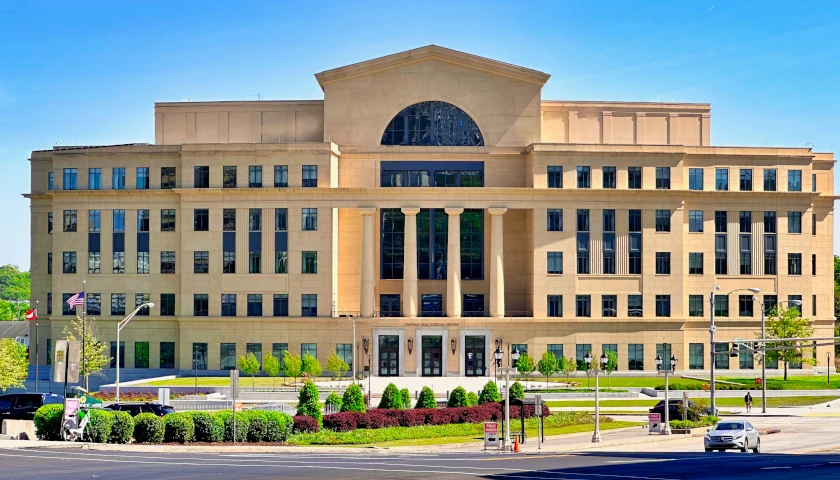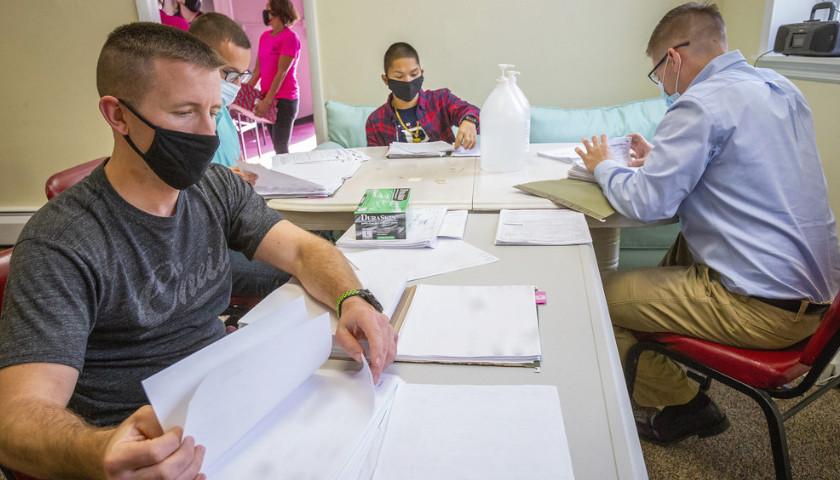Pro-life activists expect Georgia Republicans to file two bills granting equal rights to the unborn; the bills would impact exceptions currently in place under Georgia’s heartbeat law that bans abortions after six weeks.
Georgia Right to Life (GRL) Executive Director Zemmie Fleck said the heartbeat bill grants some rights, mostly to the mother, including counting the unborn in the census. It includes exceptions for certain circumstances surrounding conception or health.
“This would actually say all of those children who are classified in the rape and incest category or the fetal anomaly category, or the life of the mother category, those children also — they have equal protection of their life, and they have the equal recognition that they are persons to be treated just like a born person,” she said.
Granting those legal protections would also have implications for the current six weeks that abortions are legal.
State Representative Charlice Byrd (R-Woodstock) is expected to file that bill, which would allow Georgians to vote on amending the Constitution to include a personhood clause. That bill would need a super-majority to pass out of the General Assembly before it would go to a 2024 referendum.
State Representative Emory Dunahoo (R-Gillsville) is expected to file the Georgia Prenatal Equal Protection Act. As regular legislation, it would go into state law, not the Constitution, but would not need a super-majority to pass, nor would it need additional approval by the voters.
“In terms of being able to move forward to a time where in Georgia, we see that all pre-born children, no matter what their status at all, their manner of conception or anything about them, to see them equally protected, this legislation is what would get there the quickest,” Fleck said.
GRL is opposing HR 1, the Georgia Pro-Birth Accountability Act. The bill would require the state to pay for many costs related to having and raising a child.
“If we want to say we are a pro-life state, then we need to put our money where our mouth is, that means childcare, that means the mother’s expenses. That means helping raise the child from birth to age 18 and not just caring about the nine months that they’re in the womb,” sponsor Representative Dar’shun Kendrick (D-Lithonia) told Capitol Beat. “We’ll see where the priorities lie, because if we do have a surplus, if we continue to have one, there’s no reason that we can’t fund this.”
Fleck said the legislation would be economically burdensome for the state and said that GRL, a Christian organization, is concerned about families.
“The family is needed to provide and that’s God’s ordaining of the family. And the way it should be constructed is that, you know, the parents provide for children and our system is not something that we should burden with taking care of families,” she said.
Speaker of the House Jon Burns (R-Newington) has said he wants to wait before considering any additional pro-life legislation, citing the heartbeat law that is working its way through Georgia’s court system.
“We’re going to hear from state Supreme Court, and then we’ll move forward on something if we need to,” Burns said earlier in January, according to The Associated Press.
“We anticipate taking action even if he does not,” Fleck said.”
“We’ve got a heartbeat bill. So we’ve done our job,” she said. “His action does not hinder us, nor does it relive us of the duty, setting forth legislation.”
She said GRL is just part of a coalition of grassroots supporters and about 20 organizations working with the legislators on the personhood bills.
“We dealt with Speaker Ralston down here for 13 years, and he wielded a lot of authority over the House. And, you know, he would come right out and say, ‘We don’t have an appetite, I don’t have an appetite for dealing with that, so we’re just not going to do it.’ But it didn’t stop us from putting forth legislation,” she said.
– – –
Photo “Pregnant Woman” by Jonathan Borba.




